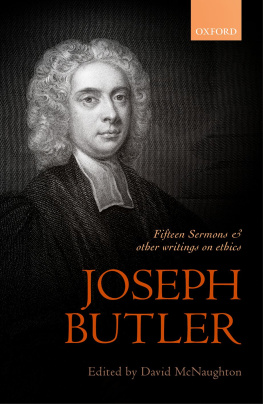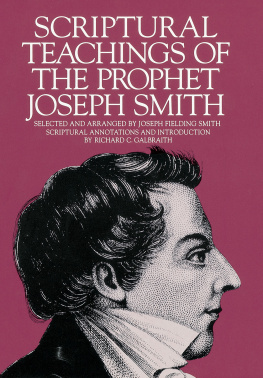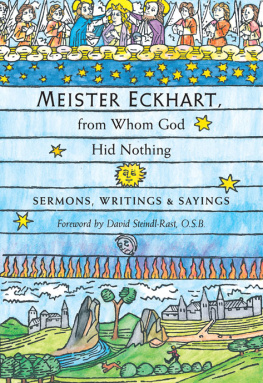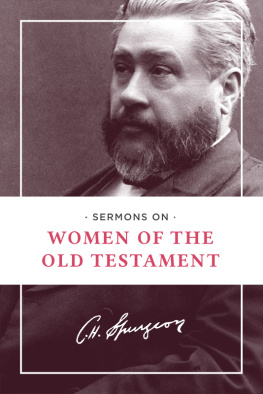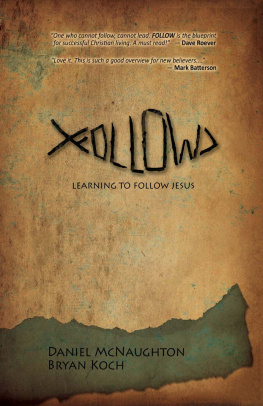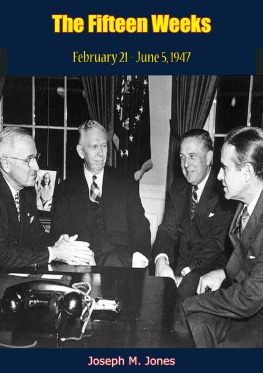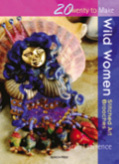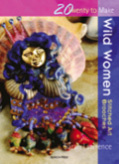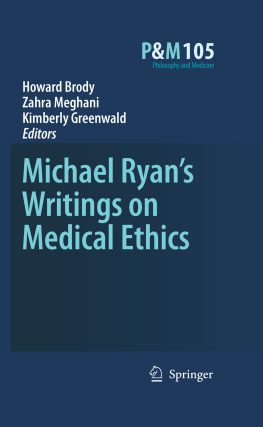British Moral Philosophers
Essays on Ethics and Method
Henry Sidgwick
Edited by Marcus G. Singer
Moral Writings
H. A. Prichard
Edited by Jim McAdam
The Right and the Good
David Ross
Edited by Philip Stratton-Lake
Prolegomena to Ethics
T. H. Green
Edited by David O. Brink
Ethics and The Nature of Moral Philosophy
G. E. Moore
Edited by William H. Shaw
Fifteen Sermons Preached at the Rolls Chapel and other writings on ethics
Joseph Butler
Edited by David McNaughton

Great Clarendon Street, Oxford, OX2 6DP, United Kingdom
Oxford University Press is a department of the University of Oxford. It furthers the Universitys objective of excellence in research, scholarship, and education by publishing worldwide. Oxford is a registered trade mark of Oxford University Press in the UK and in certain other countries
this edition Oxford University Press 2017;
editorial material David McNaughton 2017
The moral rights of the authors have been asserted
First Edition published in 2017
Impression: 1
All rights reserved. No part of this publication may be reproduced, stored in a retrieval system, or transmitted, in any form or by any means, without the prior permission in writing of Oxford University Press, or as expressly permitted by law, by licence or under terms agreed with the appropriate reprographics rights organization. Enquiries concerning reproduction outside the scope of the above should be sent to the Rights Department, Oxford University Press, at the address above
You must not circulate this work in any other form and you must impose this same condition on any acquirer
Published in the United States of America by Oxford University Press 198 Madison Avenue, New York, NY 10016, United States of America
British Library Cataloguing in Publication Data
Data available
Library of Congress Control Number: 2016946924
ISBN 9780199657551 (hbk.)
9780199657568 (pbk.)
ebook ISBN 9780191080470
Printed in Great Britain by Clays Ltd, St Ives plc
Links to third party websites are provided by Oxford in good faith and for information only. Oxford disclaims any responsibility for the materials contained in any third party website referenced in this work.
SACRED
TO THE MEMORY OF
JOSEPH BUTLER
BISHOP OF DURHAM
BORN A.D. 1692
DIED A.D. 1752
SURPASSED BY NONE
WHETHER ON THE LONG LINE OF BISHOPS OF THE SEE
OR AMONG THE
CHRISTIAN PHILOSOPHERS OF ENGLAND
ADAPTING THE TONE OF HIS LANGUAGE
TO THE EXIGENCIES OF HIS HOLY CAUSE
HE COULD USE A SEVERE SELF-RESTRAINT
BUT COULD ALSO RISE
TO THE HEIGHTS OF A FERVID DEVOTION
HIS CHARACTERISTIC STRENGTH LAY
IN A HABIT PROFOUNDLY MEDITATIVE
IN THE PROPORTION AND MEASURE OF HIS THOUGHT
IN SEARCHING MENTAL VISION
IN THE CONSECRATION OF A LIFE
AND IN HUMBLE UNSWERVING LOYALTY TO TRUTH
THUS HIS WORKS BECAME
A FOUNTAIN OF PERPETUAL INSTRUCTION
ON THE HIGHEST DUTIES AND INTERESTS OF MAN
Inscription from the memorial tablet to Butler in the Choir of Durham Cathedral.
Contents
I was extremely fortunate in my undergraduate Philosophy Department in a variety of ways. One was that the curriculum at Newcastle-upon-Tyne was fairly traditional. Butlers moral philosophy was part of the main ethics course, along with Aristotle, Hume, Kant, and Mill. This led to a life-long interest in Butler, whose insights strike me as more profound each time I read him. While there is a steady trickle of papers about Butlers moral philosophy, the works themselves seem to have more or less dropped out of the mainstream curriculum. And when they are included, it is only the famous five of his fifteen sermons that are taught. It is, indeed, a sad reflection on the comparative neglect of his work that there are no fully annotated and referenced editions of his Fifteen Sermons, nor indeed of his Analogy of Religion, currently in print. I am therefore especially pleased to have been given the opportunity to remedy this defect. (An edition of the Analogy is in preparation as a companion volume to this one.)
This is a readers edition of the final version of Butlers Fifteen Sermons with relevant related ethical writings. The Sermons were first published in 1726. Three years later Butler revised them and added a lengthy preface. It is the text of that second edition that is given here. As this is a readers edition, I have avoided an apparatus of textual variants that tends to distract the reader. Changes between the first and second edition that struck me as especially important are given in the Editors Notes. I have added to the Sermons three pieces that throw light on Butlers ethical views. The first is the Dissertation of the Nature of Virtue, which forms Appendix II of the Analogy, and which has been standardly reprinted in all complete editions of the Sermons. The others are less well known. The first is one of the Six Sermons Preached on Public Occasions, which were included in the fourth edition of the Sermons, published in 1749. This sermon, preached before the House of Lords on the anniversary of the execution of Charles I, greatly enlarges what Butler has to say about the relation between self-deception and hypocrisy. The second is that part of the correspondence between Butler and Samuel Clarke (written when Butler was fairly young) that deals with ethical issues. The matter they discuss is freedom and accountability for our actions, and the questions and objections that Butler poses to Clarke are ones to which he returns in the Sermons.
I have included an Editors Introduction, in which I give an outline of Butlers chief views, and discuss his treatment of various issues raised in the less well known of the sermons. The Editors Notes are designed to (1) aid comprehension, (2) draw attention to corresponding passages in other parts of his work where Butler discusses related themes, (3) direct the reader to the work of earlier philosophers whom Butler is discussing, or who may have influenced his thinking. After those Notes there are brief outlines of the thought of a number of philosophers and schools that had an influence on Butlers thought.
I want to acknowledge the assistance of a large number of people. On textual and related matters I have benefited greatly from the help of David White, who maintains a comprehensive website on Butler, a most valuable resource, at . He kindly supplied me with a copy of Bernards edition when I had all but despaired of finding one, and also with pdf copies of the various editions of the Sermons and the Analogy published in Butlers lifetime. I also had similar help and advice from the late Robert Tennant. One of my undergraduate students, Nathan Duddles, received an award from FSU to help me with the initial editing. I thoroughly enjoyed our eight months of working together. With his help we established a modern text, using Bernards edition as our standard. Nathan also found sources for nearly all the classical allusions, both in Butlers text and in Bernards notes. In addition, I received invaluable help with finding modern translations of Greek and Latin texts from my colleagues, Russ Dancy, Nat Stein, and David Levenson.

